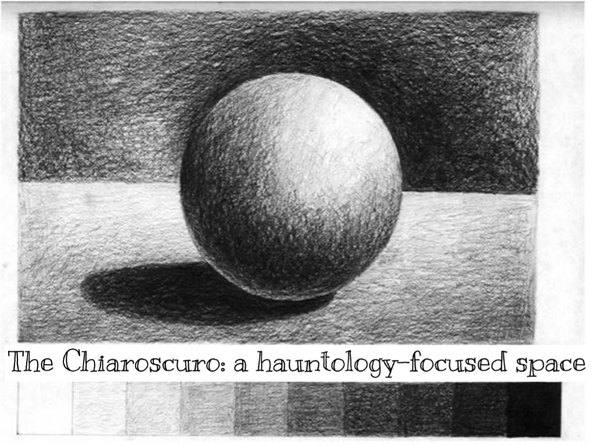Poems by Jennifer Maritza McCauley
Past
I swallow the past, steadying myself against the back of a young birch tree. The past is pulped, palpable; it is large and too-huge to choke down. When I live in the present, I feel newly cleaned and scrubbed by sun. When I face the day brightly, I see the world through baby-eyes; I see freckles of color and rainbowed-light. So what to do?
What I shall do: I shall defy hauntings. I digest the past, in all its spikes; then I will forget it. I will know the past; it has kissed me blithely and squatted in my house; I will feel the wild grip of past and know it still struggles under my skin but I will not see it. It will be in me, but I will not love it. The past: that ghosted hunger; look, I’m going to ignore my appetite.
Oh present, I open my mouth to consume you in full.

